Chloride ion is the most abundant anion in the extracellular fluid. It ensures appropriated osmotic pressure, hydrous distribution and anion-cation balance. Its concentration is similar to that of sodium and is influenced by the same factors. Determination of plasma Cl- concentration is useful in the differential diagnoses of acid-base disturbances and is essential for calculation of the anion gap.
Measure in urine is of clinical value with patients with persistent metabolic alkalosis who are not receiving diuretics. Hypochloremia is observed in individuals with salt-losing nephritis coupled with hyponatremia and in cases such as bromide intoxication, SIADH (Secretion of AntiDiuretic Hormone) expansion of extracellular fluid, metabolic acidosis or persistent gastric secretion and prolonged vomiting.
Hyperchloremia accompanies dehydration, RTA (Renal Tubular Acidosis), acute renal failure, metabolic acidosis, diabetes insipidus, extremely high intake of salt.

در حال بارگذاری سایت...

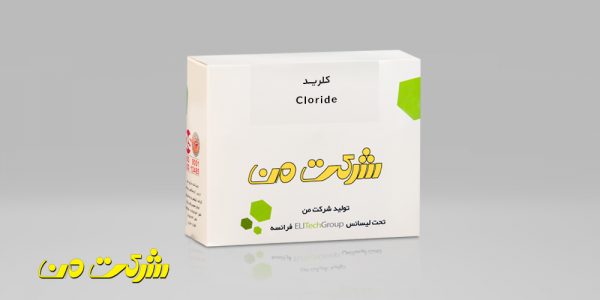
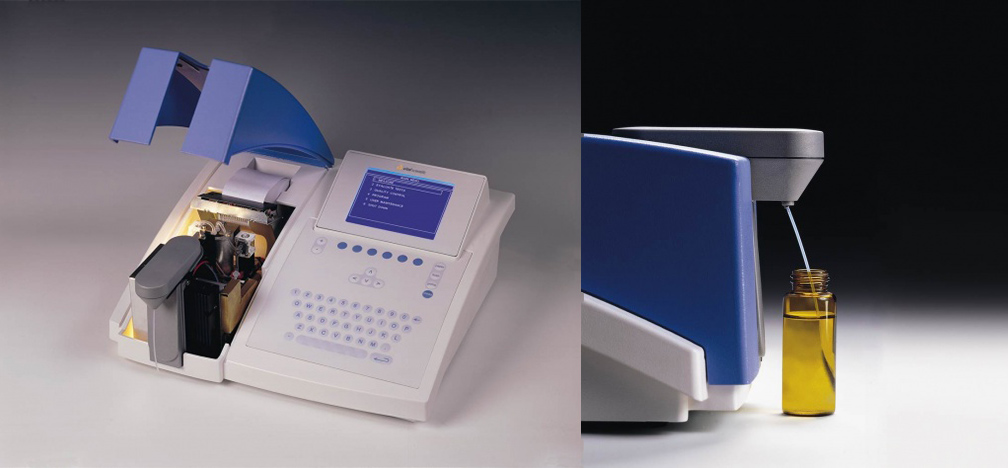

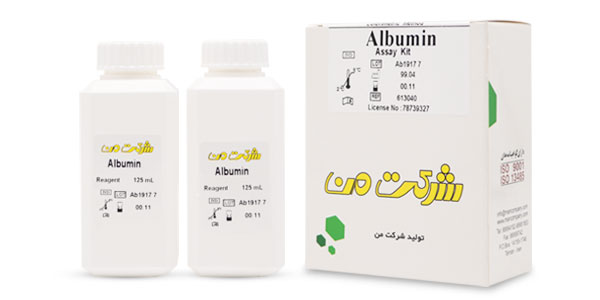
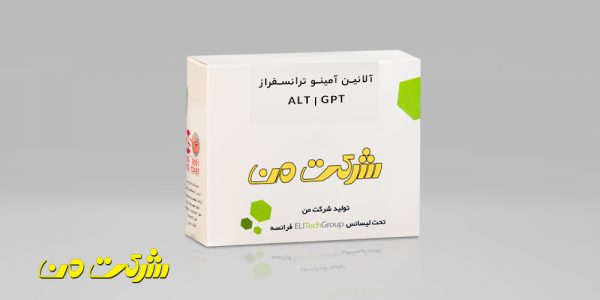
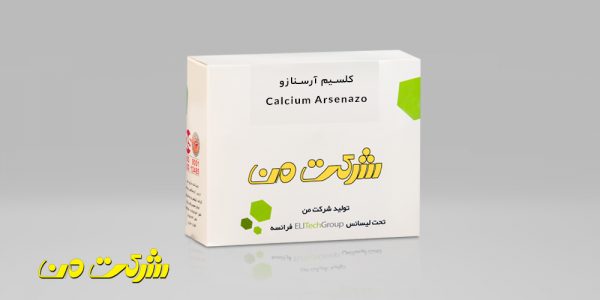
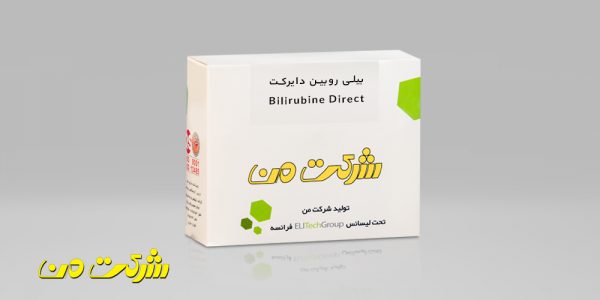
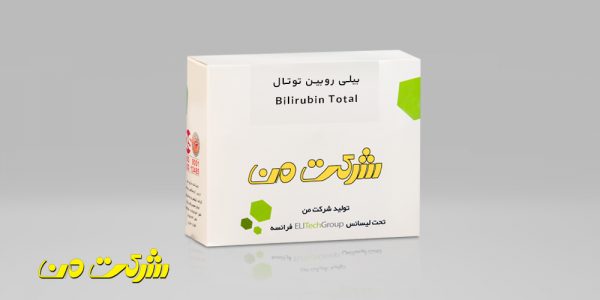
دیدگاه کاربران